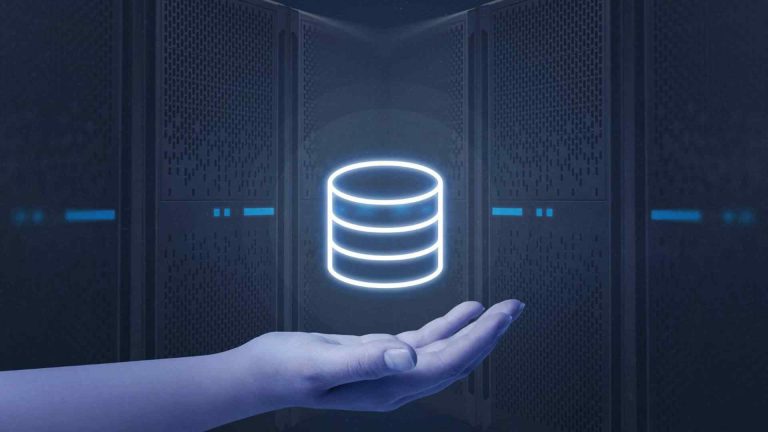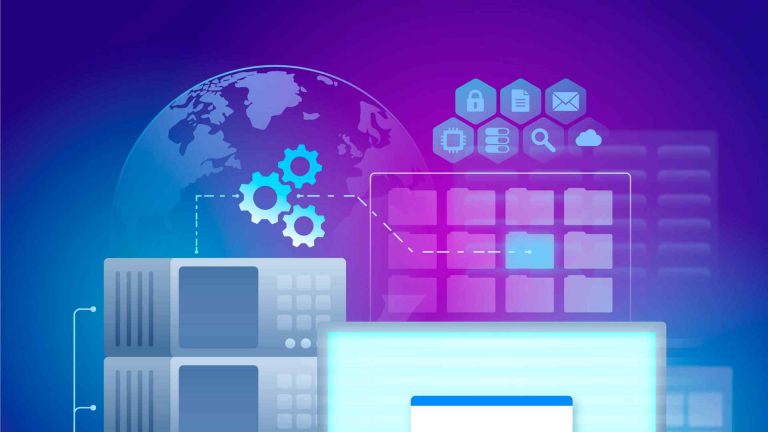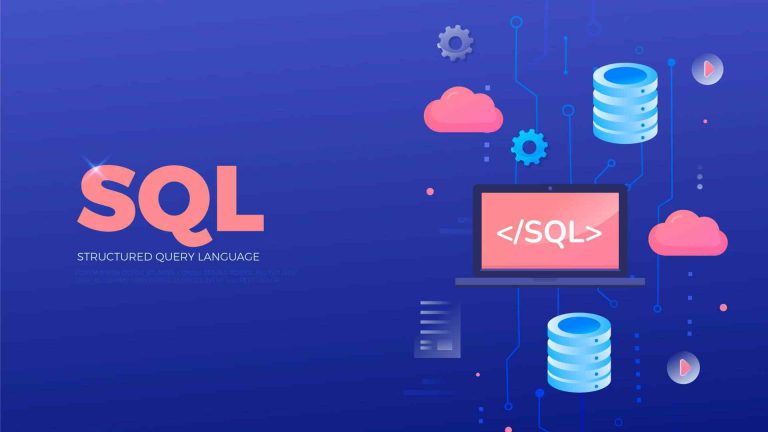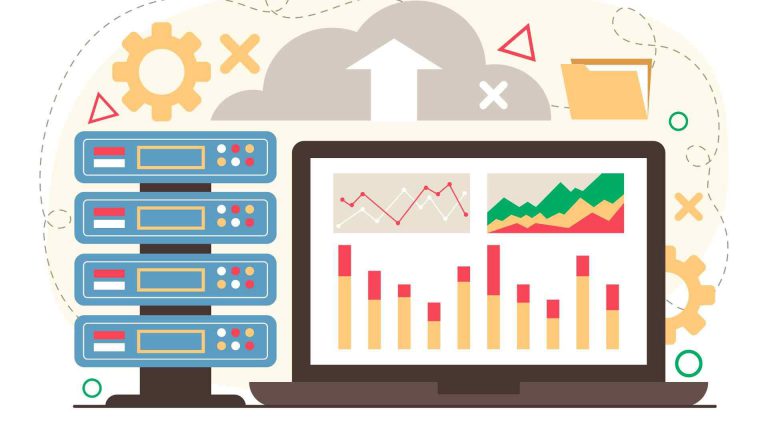Human Capital and Payroll
The AWS Certified Database Specialty course is designed for IT professionals who want to gain expertise in designing, deploying, and managing AWS databases. The course provides a deep understanding of AWS database services, including Amazon RDS, Amazon DynamoDB, Amazon ElastiCache, Amazon Redshift, and Amazon DocumentDB. The AWS Certified Database Specialty course covers various topics such as database design principles, data storage, access, and retrieval, backup and recovery, database security, and troubleshooting. The course also covers the best practices and strategies for optimizing database performance, scalability, and cost-effectiveness on AWS. The AWS Certified Database Specialty course is ideal for IT professionals who want to advance their career in database management and administration. This course can help you gain the knowledge and skills necessary to design, deploy, and manage AWS databases, which are critical for many businesses and organizations. Upon completion of the course, you will be able to confidently take the AWS Certified Database Specialty certification exam, which validates your expertise in AWS database services and can further advance your career in cloud computing.
Dell EMC ECS (Elastic Cloud Storage) is a software-defined object storage platform that provides organizations with the ability to store, manage, and analyze massive amounts of data. The Dell EMC ECS course is designed to provide students with a comprehensive understanding of the ECS platform, including its features, functionality, and best practices for deploying and managing the platform. The Dell EMC ECS course online provides students with a flexible, accessible, and industry-relevant way to gain the knowledge and skills they need to succeed in the field of object storage. By completing the course, students can differentiate themselves in the job market, expand their skill set, and prepare themselves for a career in object storage or related fields.
Google Analytics and Adobe Analytics are two popular web analytics tools used to track and analyze website traffic and user behavior. Both tools offer a variety of features and functionality, and there are courses available to help users learn how to use these tools effectively. Both courses are designed for digital marketers, website owners, and other professionals who need to track and analyze website traffic and user behavior. Participants will learn how to use these tools to make data-driven decisions and improve website performance. Upon completion of the Google Analytics or Adobe Analytics course, participants will have a comprehensive understanding of how to use these tools to analyze website traffic and user behavior, as well as the ability to generate reports and make data-driven decisions based on the insights gained from these reports. They will also be equipped with the skills and knowledge needed to pursue further certifications in these areas.
IBM FileNet is a comprehensive content management platform that enables organizations to manage their critical business content and streamline their business processes. It offers a suite of software products that enable enterprises to store, manage, and access content, documents, and records. IBM FileNet is used by many large organizations worldwide to manage their enterprise content and automate their business processes. The IBM FileNet course is designed to provide a comprehensive understanding of the IBM FileNet platform. The course covers topics such as content management, business process management, document management, records management, and workflow management. It also covers the key features and benefits of IBM FileNet, such as its scalability, security, and ease of use. The IBM FileNet course is suitable for professionals who are involved in enterprise content management, document management, records management, and business process automation. It is ideal for IT professionals, system administrators, developers, and architects who want to learn how to use IBM FileNet to manage enterprise content and automate business processes.
Maximo is a comprehensive Enterprise Asset Management (EAM) software system developed by IBM that allows organizations to manage their assets, maintenance activities, and related processes. The Maximo course is designed to provide students with a thorough understanding of the software and how to use it in an enterprise environment. The Maximo course provides students with a comprehensive understanding of the software and practical skills for working with it in an enterprise environment. By completing the course, students will be prepared to work with Maximo in a variety of roles, including as maintenance managers, inventory managers, and IT managers.
The MySQL course is designed to provide a comprehensive understanding of how to use the MySQL database management system. MySQL is an open-source relational database management system that is widely used for web applications, data analytics, and other data-driven applications. Upon completing the course, participants will have a good understanding of how to use the MySQL database management system. They will also be able to design and develop efficient MySQL databases, optimize MySQL performance, and secure MySQL deployments. The MySQL course is an excellent choice for software developers, database administrators, and IT professionals who work with data-driven applications. The course provides valuable skills and knowledge that can be applied to a range of industries and business sizes.
The OpenText Administration course is designed for individuals who are responsible for administering OpenText Content Suite, an enterprise content management system. The course covers topics such as architecture, installation, configuration, and maintenance of Content Suite. The course is designed for system administrators, IT professionals, and content managers who are responsible for deploying and managing OpenText Content Suite within their organization. It provides students with the necessary skills to install, configure, and maintain Content Suite in a production environment.
Oracle BRM (Billing and Revenue Management) is a comprehensive software solution for managing billing, invoicing, and revenue recognition in complex business environments. The Oracle BRM course is designed to provide participants with a deep understanding of the features and functionality of this powerful software. The course is designed for IT professionals who are responsible for designing, deploying, or managing billing and revenue management systems, as well as business analysts and project managers who need to understand how Oracle BRM can be used to support complex business models. Upon completion of the Oracle BRM course, participants will have a comprehensive understanding of the features and functionality of Oracle BRM and will be equipped with the knowledge and skills needed to use this powerful software to manage complex billing and revenue management processes. The course also provides participants with the foundation they need to pursue further certifications in Oracle BRM or related fields.
Oracle offers a variety of tools that can be used to manage, develop, and maintain Oracle database systems. The Oracle Tools course is designed to provide participants with a comprehensive understanding of these tools and how to use them effectively to manage Oracle databases. The course covers best practices for using Oracle tools in a database environment, including techniques for managing multiple databases, automating administrative tasks, and optimizing database performance. Upon completion of the Oracle Tools course, participants will have a solid understanding of the tools available for managing and maintaining Oracle databases and will be equipped with the knowledge and skills needed to use these tools effectively in a variety of database environments. The course also provides participants with the foundation they need to pursue further certifications in Oracle database administration or related fields.
The SAP FICO (Financial Accounting and Controlling) course is a training program designed for finance professionals who want to develop advanced skills in financial accounting and controlling using the SAP ERP (Enterprise Resource Planning) system. The course covers topics such as financial accounting, management accounting, financial reporting, and treasury management. Students learn how to configure and customize the SAP system to meet specific financial accounting and controlling requirements. They also learn how to perform tasks such as posting journal entries, creating financial statements, and generating financial reports. Other topics covered in the SAP FICO course include management accounting, such as cost center accounting, profit center accounting, and product costing. Students also learn about treasury management, including cash and liquidity management, debt and investment management, and risk management. Upon completing the SAP FICO course, students should have a comprehensive understanding of financial accounting and controlling processes in the SAP system, and be well-prepared to apply their skills in a professional finance role. The course is widely recognized in the industry and can help individuals advance their careers in the field of financial accounting and controlling.
No posts found
1
2
























